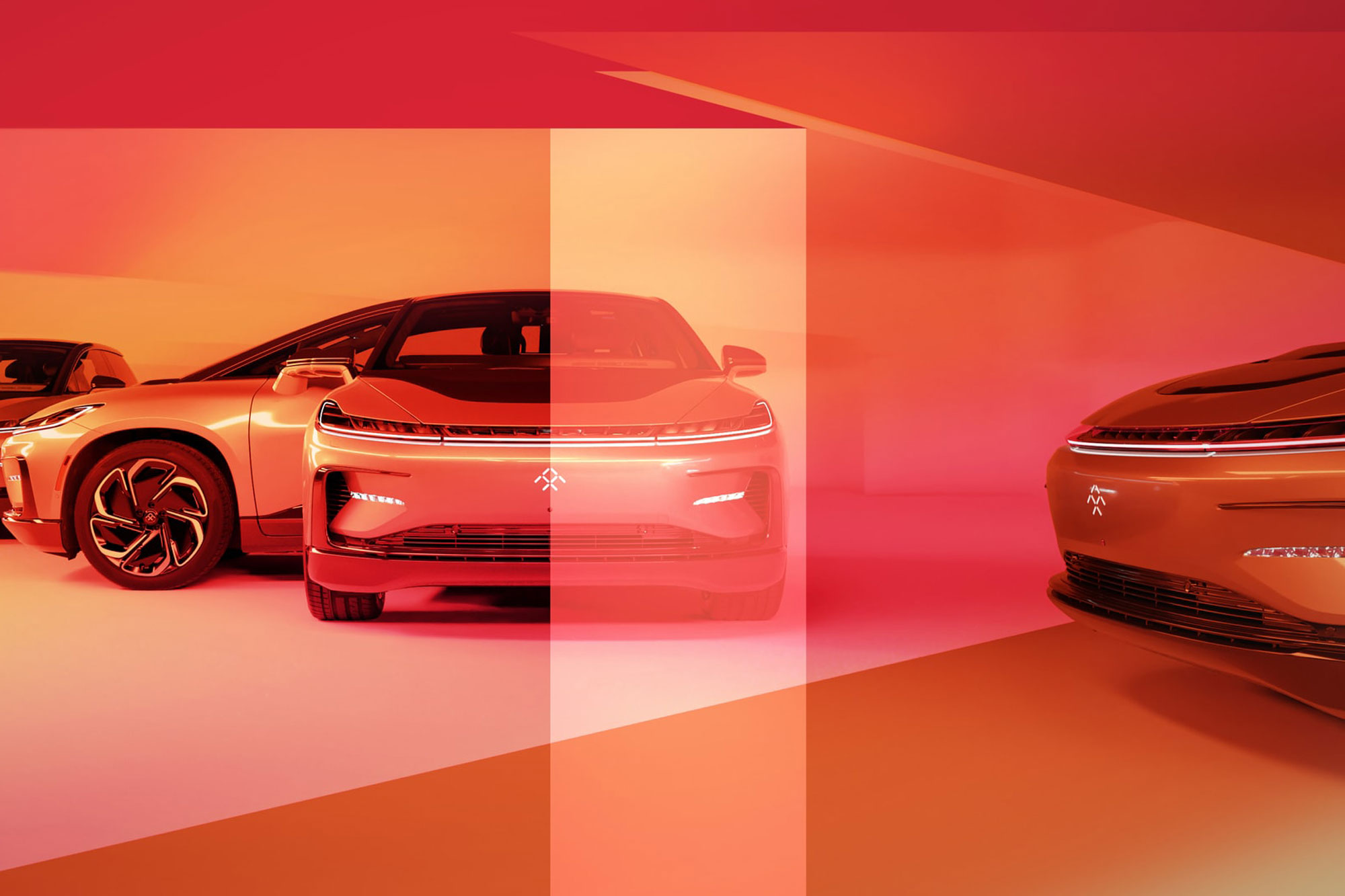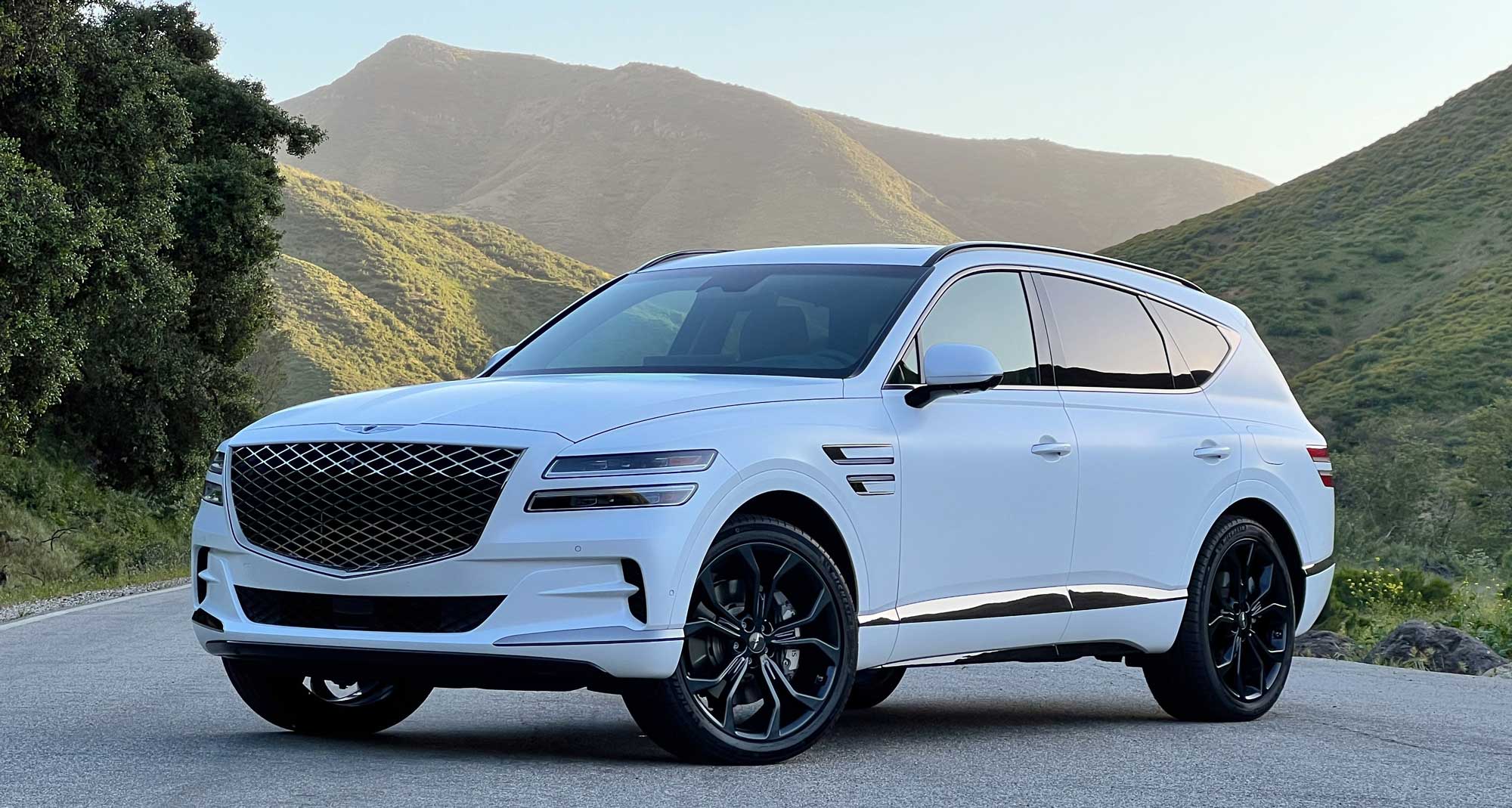Tough Road for Electric Start-Ups: A Map for Consumers
As more startup companies endeavor to launch cars in the EV space, they're realizing that becoming the 'next Tesla' is harder than it looks.
 Faraday Future
Faraday Future
QuickTakes:
Since the 1950s, startup companies in the automotive space have struggled to find success in mass-market vehicle production.
Then, in 2003, Tesla arrived: a true startup whose Model S electric vehicle gave it a high-tech advantage in the automotive market. Since then, more than a few ambitious electric startup companies, backed by investors, were inspired by Tesla's sales triumph.
The list includes U.S.-based companies such as Lucid and Rivian — which make the Lucid Air sedan and the Rivian R1S SUV and R1T pickup — in addition to Canoo, Faraday Future, and Fisker. Vietnam's VinFast late last year opened its first U.S. dealership.
Ambitious Acquisitions Fuel the Future of EVs
Analysts say a gold rush of investors inspired by Tesla helped fuel an explosion of auto startups. A seemingly limitless market for electric vehicles (EVs) was also more enticing than taking on established automakers in fossil-fueled cars.
"Tesla has been the success story of our lives in many ways," said Jessica Caldwell, Edmunds executive director of insights. "[Tesla's success] unleashed opportunities around the world. [There's]an idea that there's so much money out there, you don't necessarily have to prove yourself as much to get those valuations."
California-based Lucid, led by former Tesla chief engineer Peter Rawlinson, joined the fray via a Special Purpose Acquisition Company merger. Also known as a "blank-check company," this method helped Lucid go public with more than $4 billion in funding, including a majority stake held by Saudi Arabia's Public Investment Fund.
Another California brand, Rivian, backed by companies including Ford and Amazon, raised nearly $12 billion with an initial public offering (IPO). That left Rivian's initial market capitalization at $86 billion.
Like Lucid, Rivian has struggled to increase production for a waiting list of customers, and its stock has fallen about 90% since the initial IPO. Rivian is still selling a pair of innovative, award-winning products, including the R1T pickup that was named Motor Trend Truck of the Year in 2022.
The Selection Gets Slimmer and Lessens Odds
Fisker, led by former Aston Martin designer Henrik Fisker, has tried for 15 years to create a viable EV business, but initial efforts failed, despite early government backing. Undaunted, Fisker began selling small numbers of an electric SUV, the Ocean, built by Magna Steyr in Austria. The company had been taking reservations for a smaller SUV, the Fisker Pear, but as of May 2024, Fisker's website reservation form directs users simply to a newsletter signup.
The privately funded Fisker had planned to build the Pear in a former General Motors plant in Lordstown, Ohio, in partnership with Taiwan's Foxconn — a company best known for assembling iPhones, but as of May 2024, the Pear's plans remain on hold as the company fights to stay in business through the year
Canoo, started by a pair of former Faraday Future employees, hopes to build its "Lifestyle EV" for customers including Walmart, and was chosen by NASA to transport astronauts to the launch pad for the Artemis program. But Canoo has also faced turbulence with its financial stability.
Automaking Giants Awaken and Join the Competitive EV Market
Creating a car company from scratch can come with another problem for newer brands: The world's automaking giants have turned their attention to the new electric world. As these established automakers race to open EV and battery factories, newcomers must compete with the older companies' scale, dealer networks, and trusted brand names.
"It does feel like the window is closing," Caldwell said, adding that companies unable to bring something "truly cool and innovative to market" would likely miss their chance to be part of the electric-vehicle landscape. "The idea that a startup can succeed merely by entering the space is no longer gaining traction."
The struggle of Vinfast to bring its underdog cars to market illustrates the obstacles. Despite a $7.5 billion investment, Vinfast is already cutting staff and is behind schedule in opening a proposed U.S. factory. Facing pressure in a new EV price war sparked by Tesla's price cuts, Vinfast slashed the lease price of its VF8 electric crossover before it delivered its first customer car in California.
Investing Days Appear Numbered
The investor money for startups appears to be slowing. Investment in startups plunged in 2022 after more than a decade of outsize growth, impacted by inflation and economic uncertainty. Higher borrowing costs and cautious lenders are also slowing down segments of the economy, including automotive.
"There's a massive slowdown across the tech sector," Caldwell said. "For EVs, it feels less glamorous and more risky. The concept part is cool and fun to talk about, but how do I produce a million of these?"
Some startups are already losing traction. Michigan-based Bollinger has "indefinitely delayed" its burly electric truck, the company said. Another Michigan-based EV company, Electric Last Mile Solutions, filed for bankruptcy in January. Trevor Milton, the founder of Utah-based electric newcomer Nikola, recently agreed to a $125 million legal settlement with the SEC and was given a four-year prison sentence for lying to and misleading investors.
The auto industry is still a tough hill to climb, even for the most visionary leaders and deep-pocketed companies.



